Between 2017 and 2022, Yagasu and Reforest'Action worked together to restore 415 hectares of mangrove in the north of the Indonesian island of Sumatra by planting more than a million mangrove trees of six different species. In November 2023, an audit carried out by Reforest'Action highlighted the excellent recovery of the mangroves and the wide range of socio-economic benefits generated by the project for local communities.
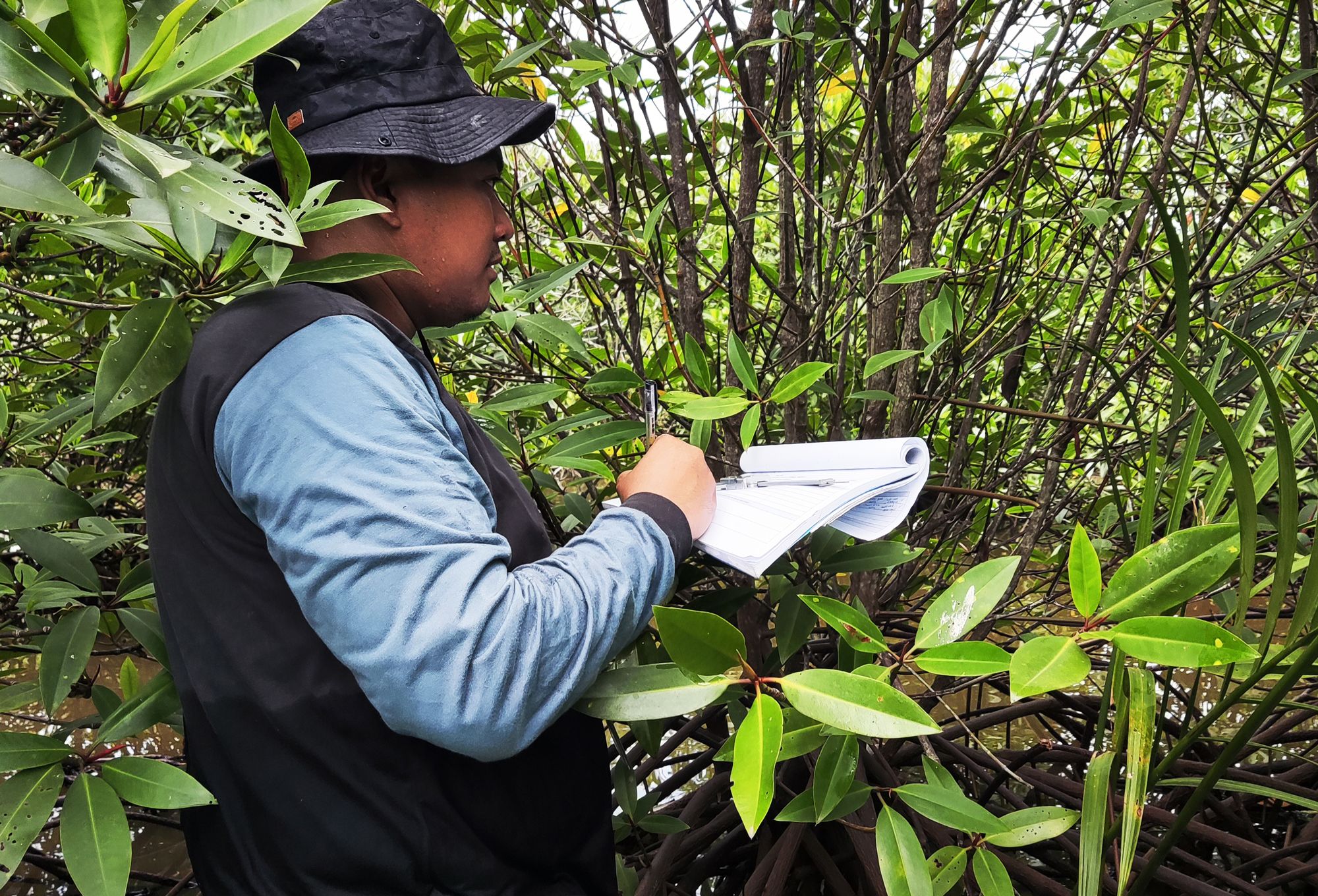
Five years working to restore the mangrove
Initiated in 2017 in the provinces of North Sumatra and Aceh, Indonesia, the project was spread over four planting seasons for a total of five years, during which 260 plots of degraded mangrove were restored over a total area of 415.6 hectares. Consisting mainly of deforested riverbanks, coastal areas and abandoned fishponds, these plots were selected by our local partner Yagasu near 29 villages on the west coast of Sumatra.
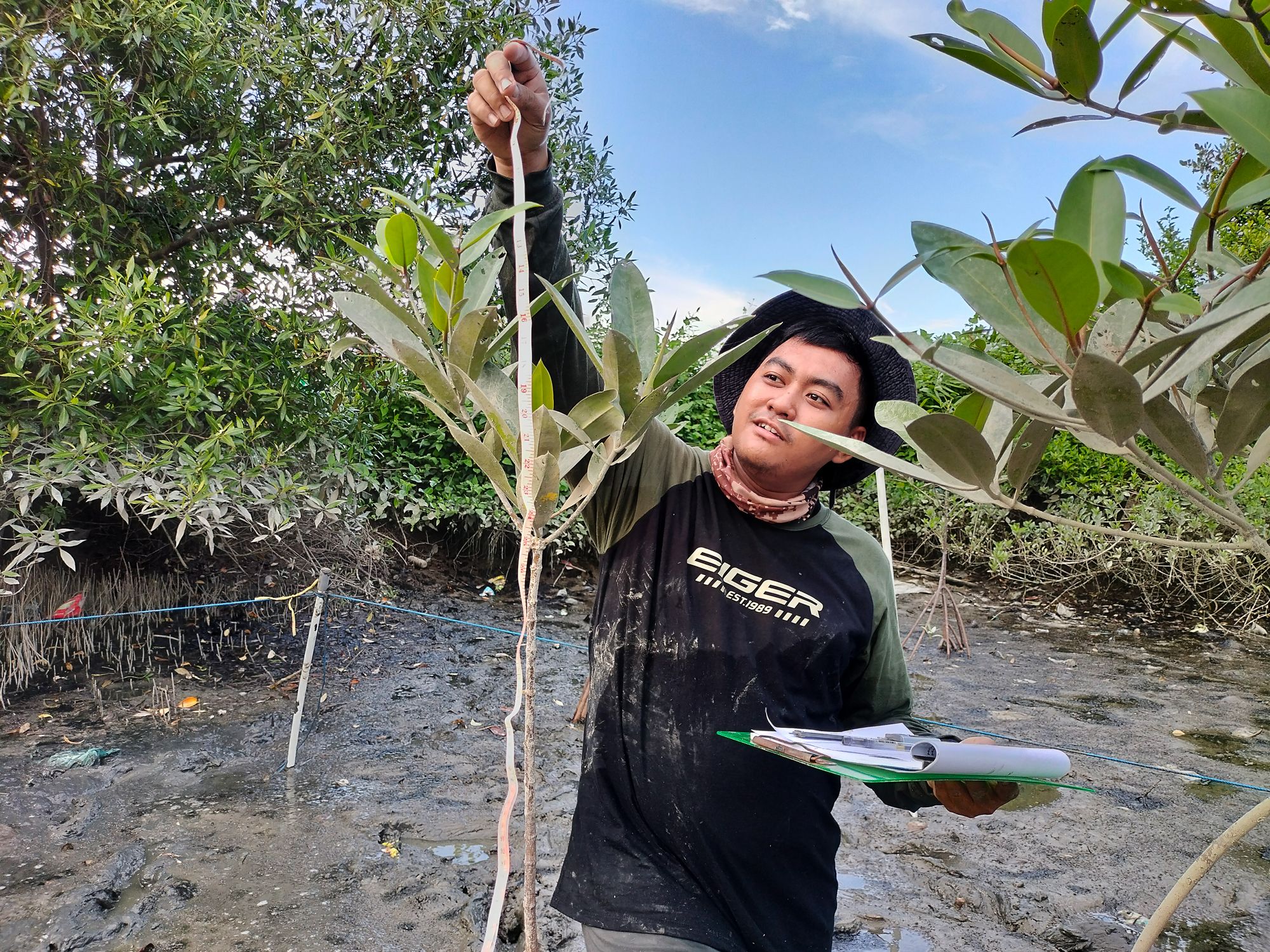
The aim is to regenerate mangrove forests where they have been deforested or severely degraded by the conversion of land to oil palm monoculture, and to help convert former intensive aquaculture ponds into natural mangrove areas or silvofishery ponds with moderated fishing activities. The planting of mangroves enables the original ecosystem to be reconstituted, along with its services such as fixing unstable soils and combating erosion and rising water levels. Because the existence of mangroves improves water quality and helps increase fish production, planting around or inside the ponds serves the dual purpose of maintaining the structural integrity of the ecosystem and providing a sustainable source of food for aquatic life.
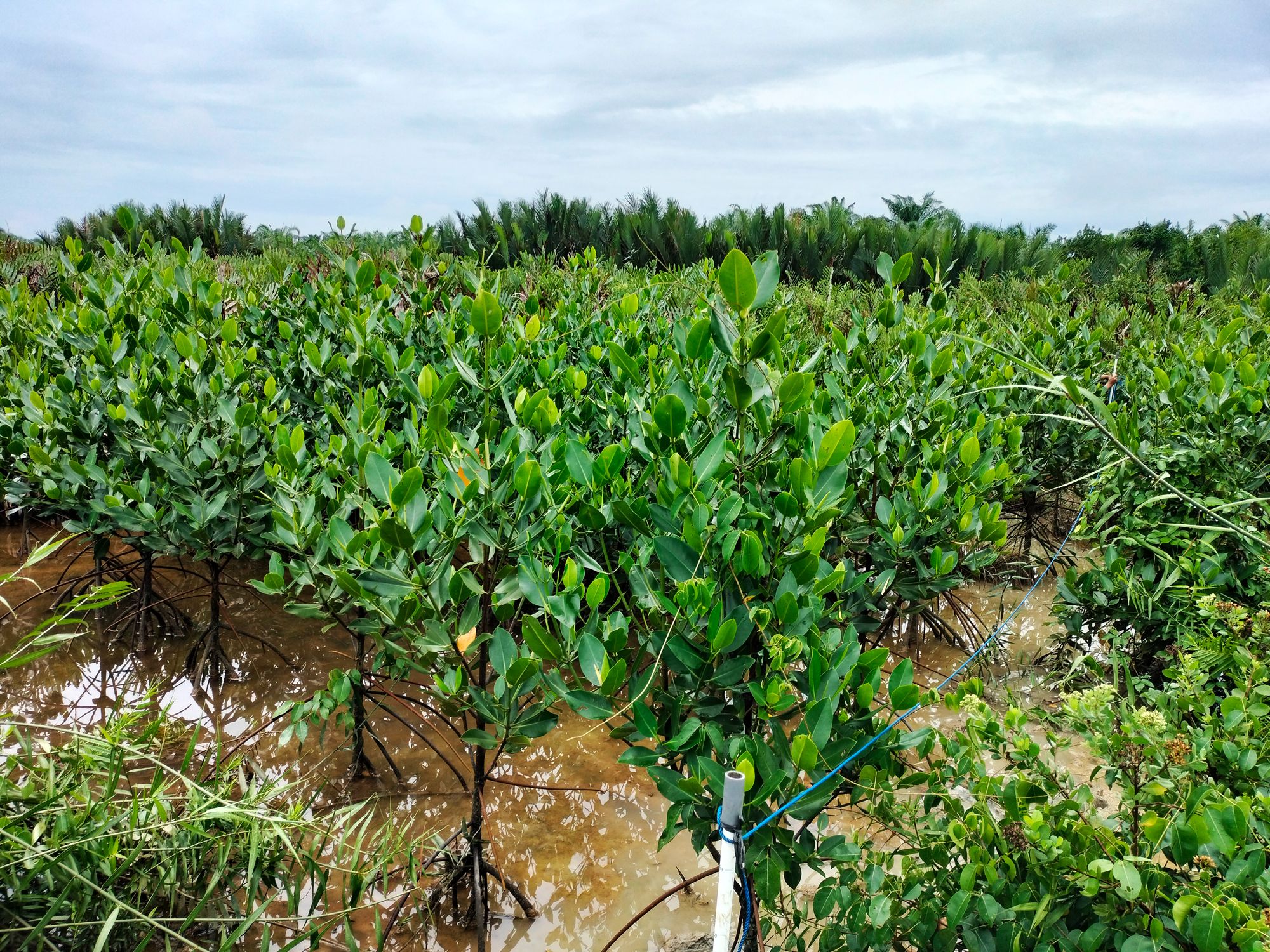
The conclusions of the audit carried out by Reforest'Action
A total of 1,040,478 mangrove trees were planted in the field after being produced in nurseries designed for the project. The diversity of species, which is essential to the quality and sustainability of mangrove restoration operations, was particularly observed through the selection of 6 different mangrove species adapted to the environment: Rhizophora spp, R. Apiculata, R. Stylosa, R. Mucronata, Avicennia and Ceriops. Thanks to the meticulous measurements carried out during the audit mission conducted by Reforest'Action in November 2023, the overall average survival rate of the trees for all the different seasons of the project was determined to be 89.88%. The plots are now in vigorous health and growth, and free of any plant disease.
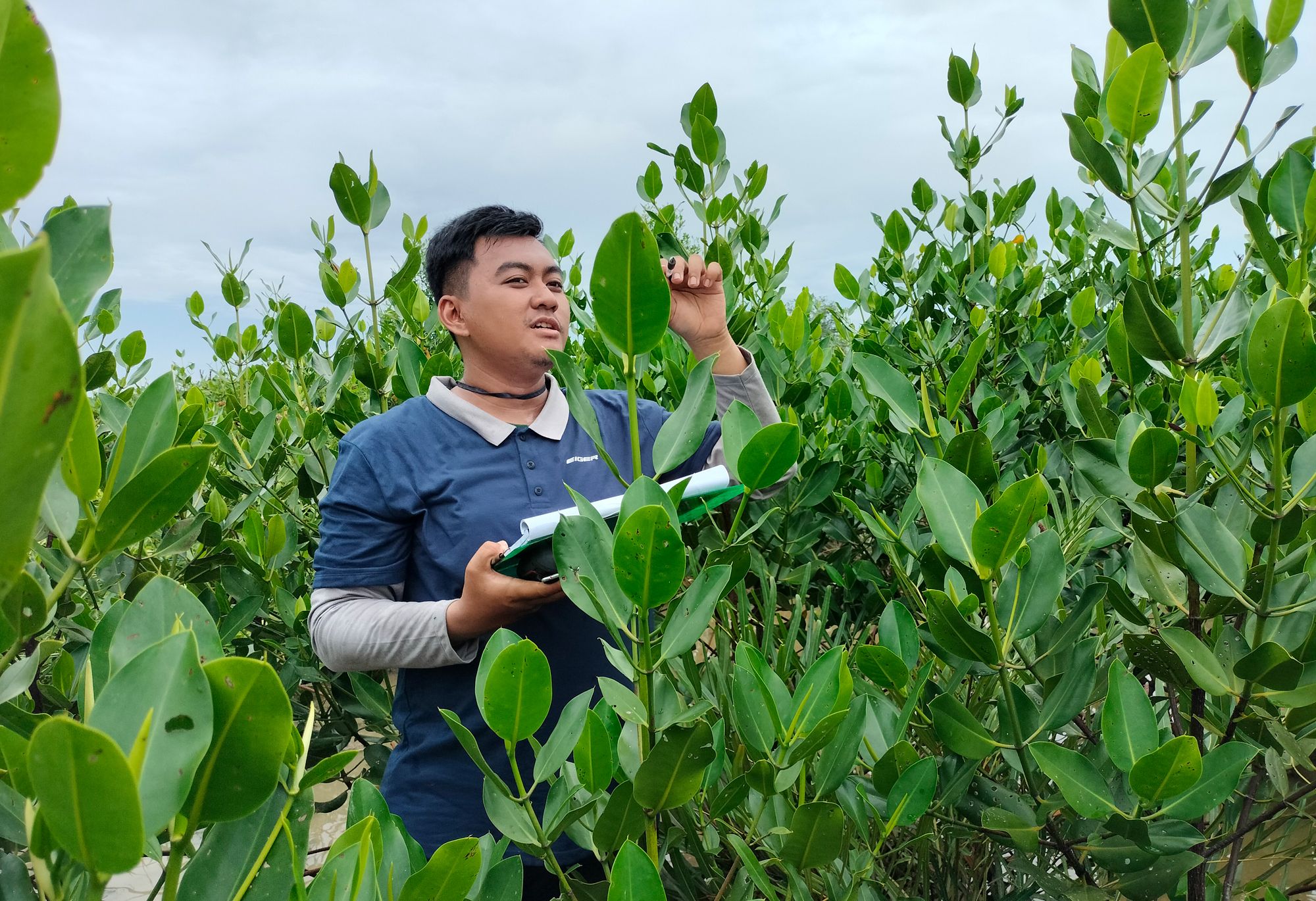
A wide range of socio-economic benefits generated by mangroves
Raising community awareness of the valuable resources provided by mangroves
Over the five years the project has been running, it has directly benefited 4,552 people and indirectly 9,104 people. The mangrove restoration campaign led by our project implementer Yagasu has not only generated employment in the nurseries and planting operations but has also created income-generating socio-economic activities for local people. These include the creation of traditional batik fabrics using mangrove ink, the production of foodstuffs (crisps, crackers) from mangroves, and the practice of silvofishery, which exploits the natural fish resources (fish, prawns, crabs) of these forests by creating natural ponds within them.
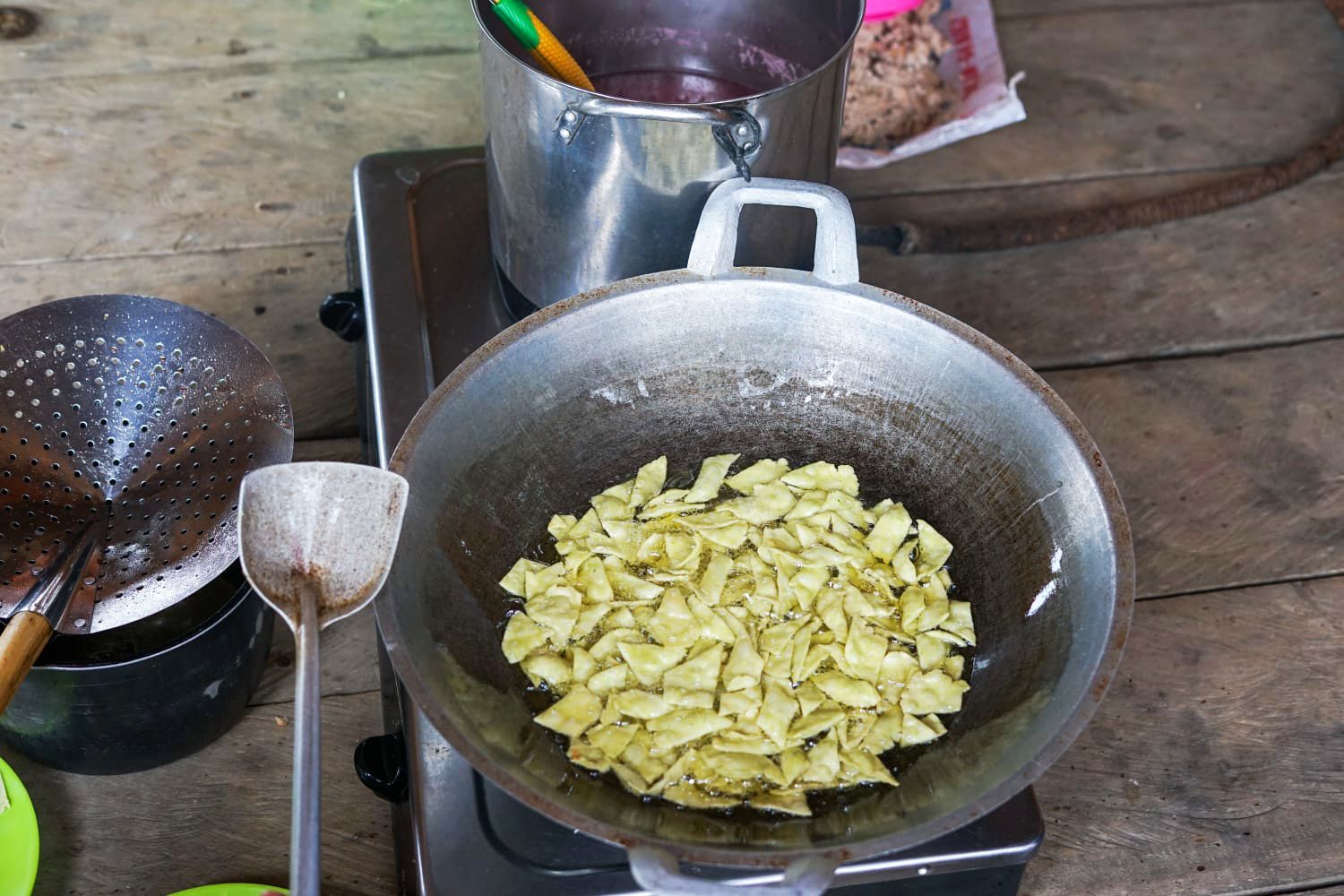
By becoming aware of the benefits provided by mangroves, local communities are more inclined to adopt a conservation approach to these precious forests, and to contribute to their protection, in particular by setting up community patrols to survey the mangroves and report any deforestation activity.
Creating local commercial channels
In terms of market opportunities for the production of batik and food products, Yagasu is working with communities to create genuine local commercial channels and raise awareness among consumers from local populations and visiting tourists. As far as silvofishery is concerned, Yagasu facilitates transactions between producers and end consumers through local intermediaries.
Women's communities in particular benefit from these socio-economic programmes, which contribute to the development of their skills and their financial independence. In fact, the income generated by the socio-economic activities within the women's groups is equivalent to an increase of around 15 to 20% on their pre-project income.
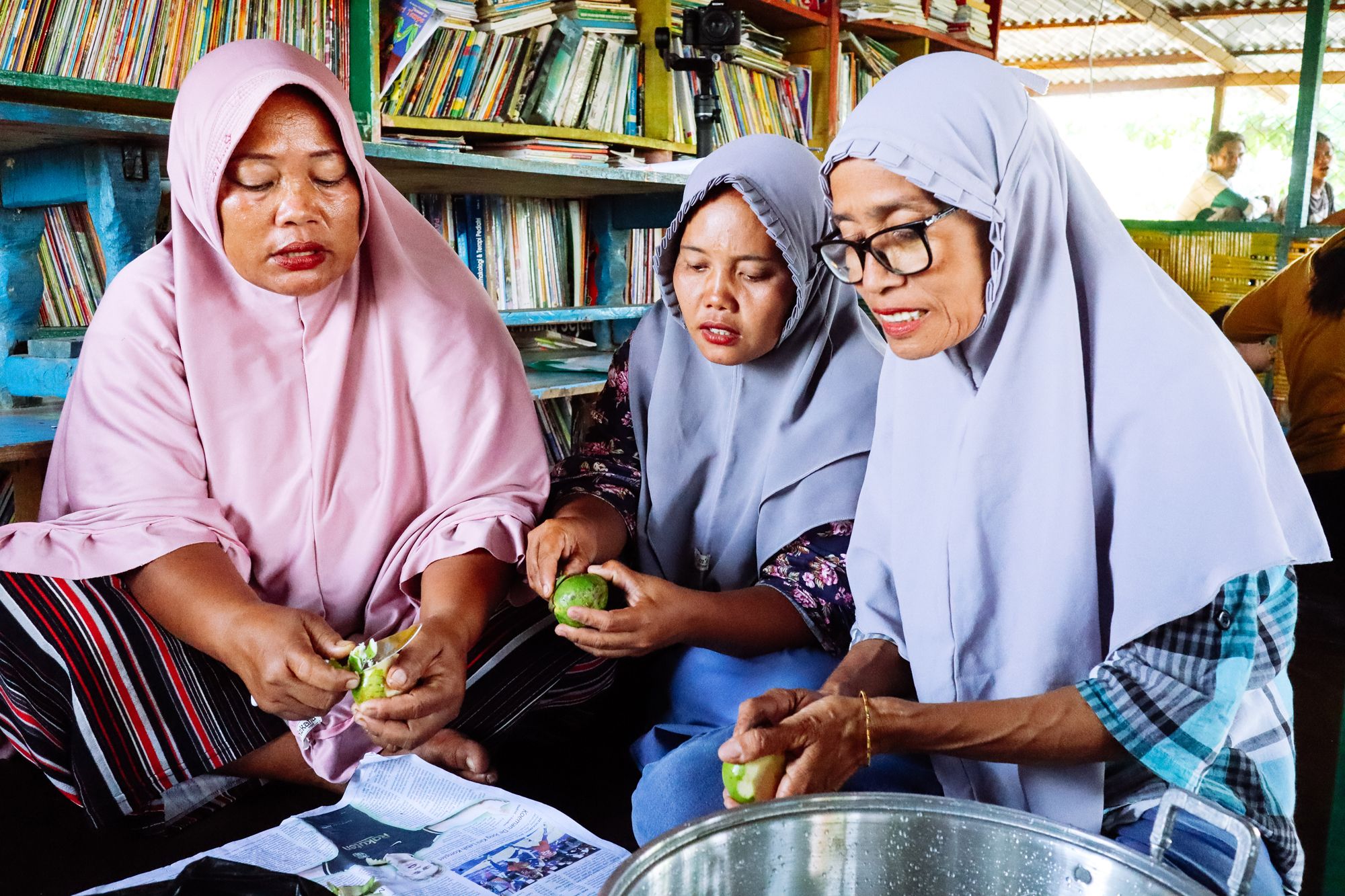
Developing ecotourism to boost the local economy
In addition, the project is also enabling the development of ecotourism infrastructures and educational activities, such as nautical tourism, culinary tourism and tourism based on awareness of mangrove ecosystems. In Pasar Rawa, in particular, the ecotourism programme is generating employment for villagers and contributing to the local economy, while promoting a better understanding of the importance of mangrove conservation.
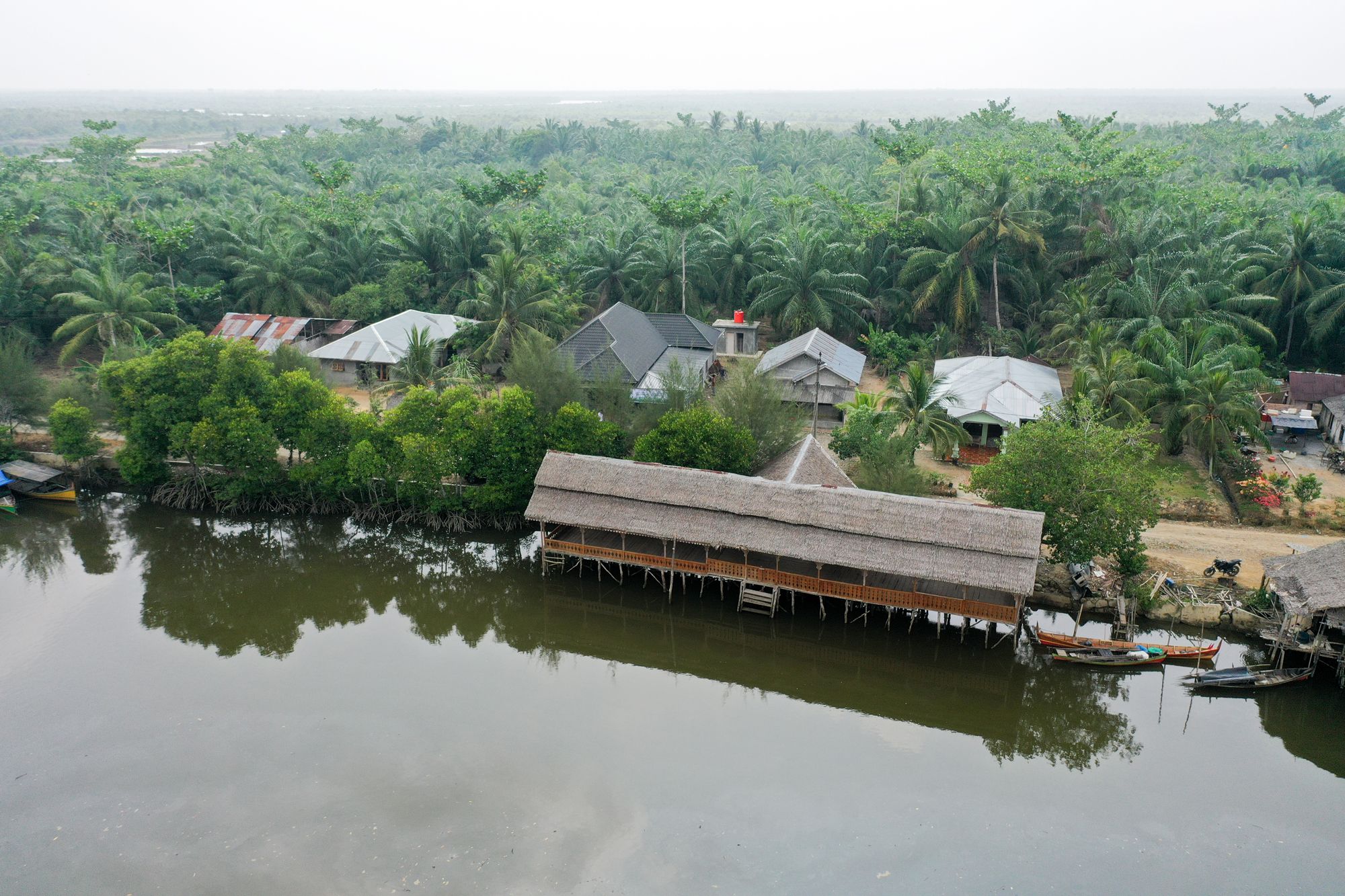
The project run by Reforest'Action and Yagasu in Sumatra between 2017 and 2022 has thus contributed not only to the restoration and conservation of mangrove ecosystems located in two provinces of the Indonesian island, but also to the creation of profound socio-economic impacts among local communities by promoting sustainable livelihoods and their economic resilience.